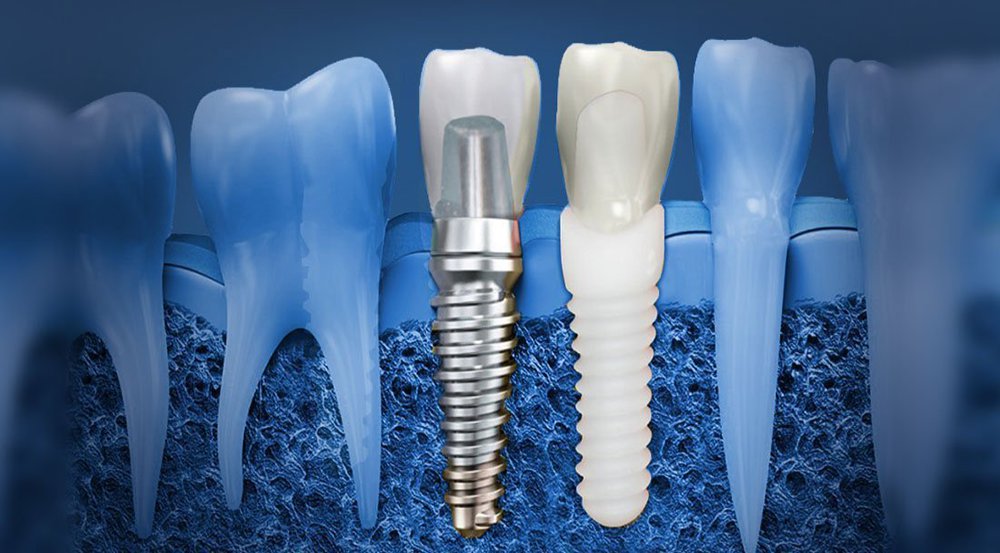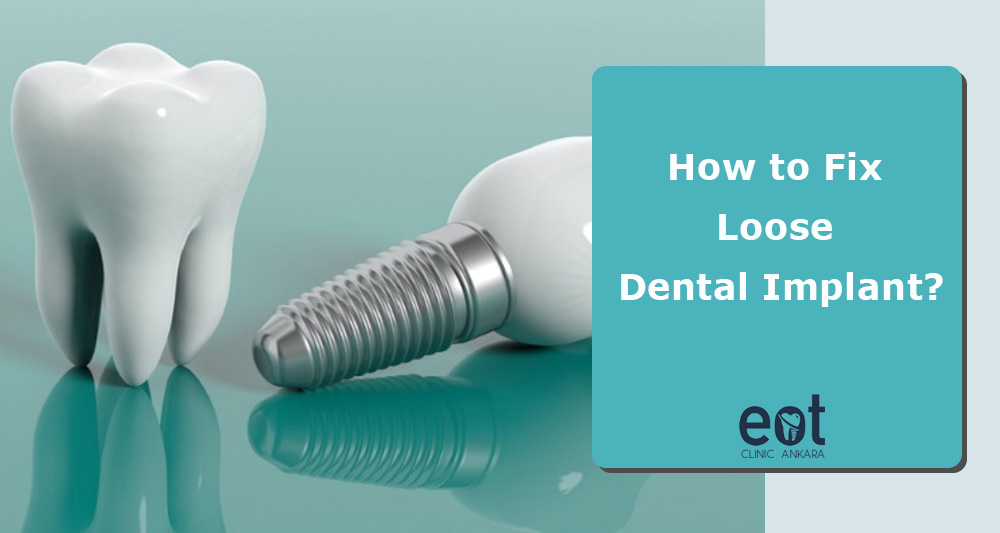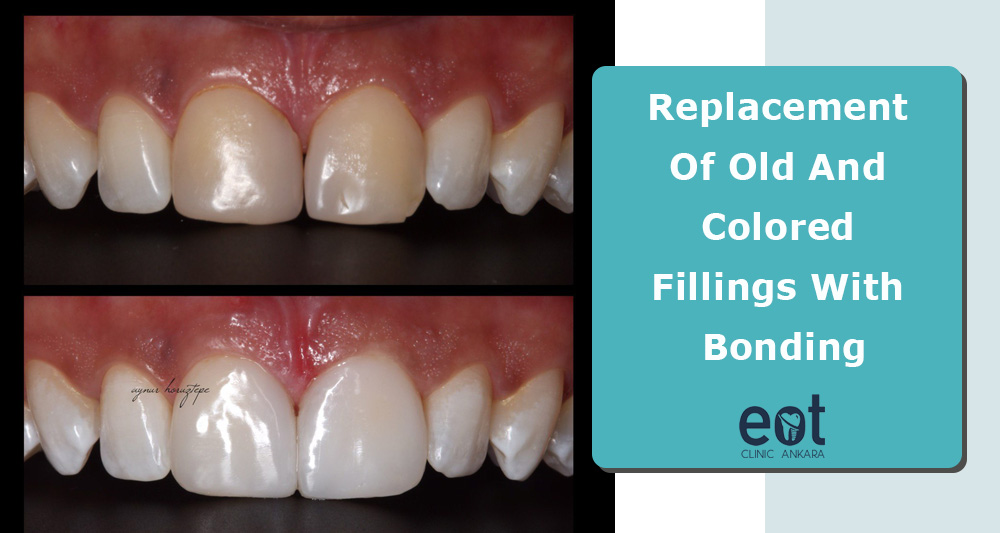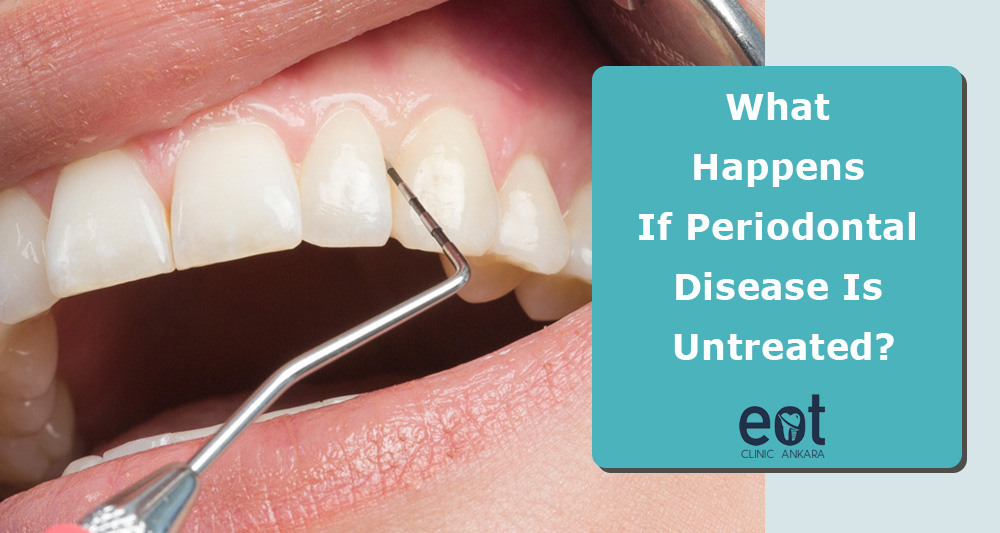How Long Do Dental Implants Last?
Modern dentistry has designed a solution for these individuals with a long term positive impact on the structure of your mouth and teeth. For many individuals who have lost at least one tooth due to tooth decay, periodontal disease, in an accident, or for any other reason, finding a solution can be difficult and frustrating. For those with dentures, you may experience irritation and discomfort. This is where dental implants come in. They are a great solution to tooth loss. How long do dental implants last? In order to answer this questions, it is important to know more about dental implants, what can impact the longevity, and when a dental implant replacement is necessary.
Types of Dental Implants
In order to match your dental needs to the dental implants that will work for you, you must consult with a dentist. The type of dental implant that you will be having will depend on many factors such as your teeth, health, and the location of the implants.
Some of the types of implants that could be placed are:
- Endosteal
- Subperiosteal
- Zygomatic
- Single
- Multiple
- Full Mouth
The difference between endosteal, subperiosteal, and zygomatic implants are in how they are attached to your jaw. Endosteal is the most common type of dental implant and is attached into your jawbone through a screw. Subperiosteal is an implant that is placed over top or above your jawbone to hold in place. Zygomatic implants are a solution to dental implants on a patient with severe bone loss to the jaw.
What Affects Longevity of Dental Implants
There are many different ways that you can affect the longevity of your dental implants. One of these ways is through the daily habits of the patient. Eating sticky, hard, or foods with a high concentration of sugar can negatively impact longevity of your dental implant. Chewing puts a strain on your teeth and dental implants, so it is best to avoid these foods.
The location of your dental implant is also a factor in longevity. Implants that are placed in the back of your mouth will likely last less than implants located towards the front of the mouth. This is because the back teeth experience more pressure and force when biting and chewing. This pressure and frequent use will cause a need to replace your implant sooner.
When is a Dental Implant Replacement Necessary
Your dental implants may show signs of wear by average about 20 years after the procedure is done. Once these issues begin to arise, dental implants may need to be replaced. Gum and tissue recession is one sign that you need to replace a dental implant.
Things to Consider
When considering dental implants, it is important to be aware that some patients may need to remove dental implants. Patients who’s implants have failed could require soft or hard tissue grafts and healing. If there is not a substantial amount of bone structure or there is poor healing, the risks of a failed dental implant is greater. It will be clear if this procedure fails within the first few months, as the implants will be loose. If any of these symptoms arise contact your dentist for most assistance:
- Infection
- Loose implant
- Tingling or pain on gums after recovery
- Abnormal sinus issues
Whether you have one or all teeth missing, there are options to get you smiling again.
We Are Here to Help
Implant dentistry has evolved to help ensure that you can get a perfect smile even if you have a missing tooth. Dental implants are a solution that offers you a comfortable and durable way to get a perfect smile. Get in touch with your Eot Ankara dentist today if you want to learn more about dental implants. If you’re looking for relief from periodontal disease, or want to know about the potential benefits of implant placement, visit Eot Clinic Ankara today.





